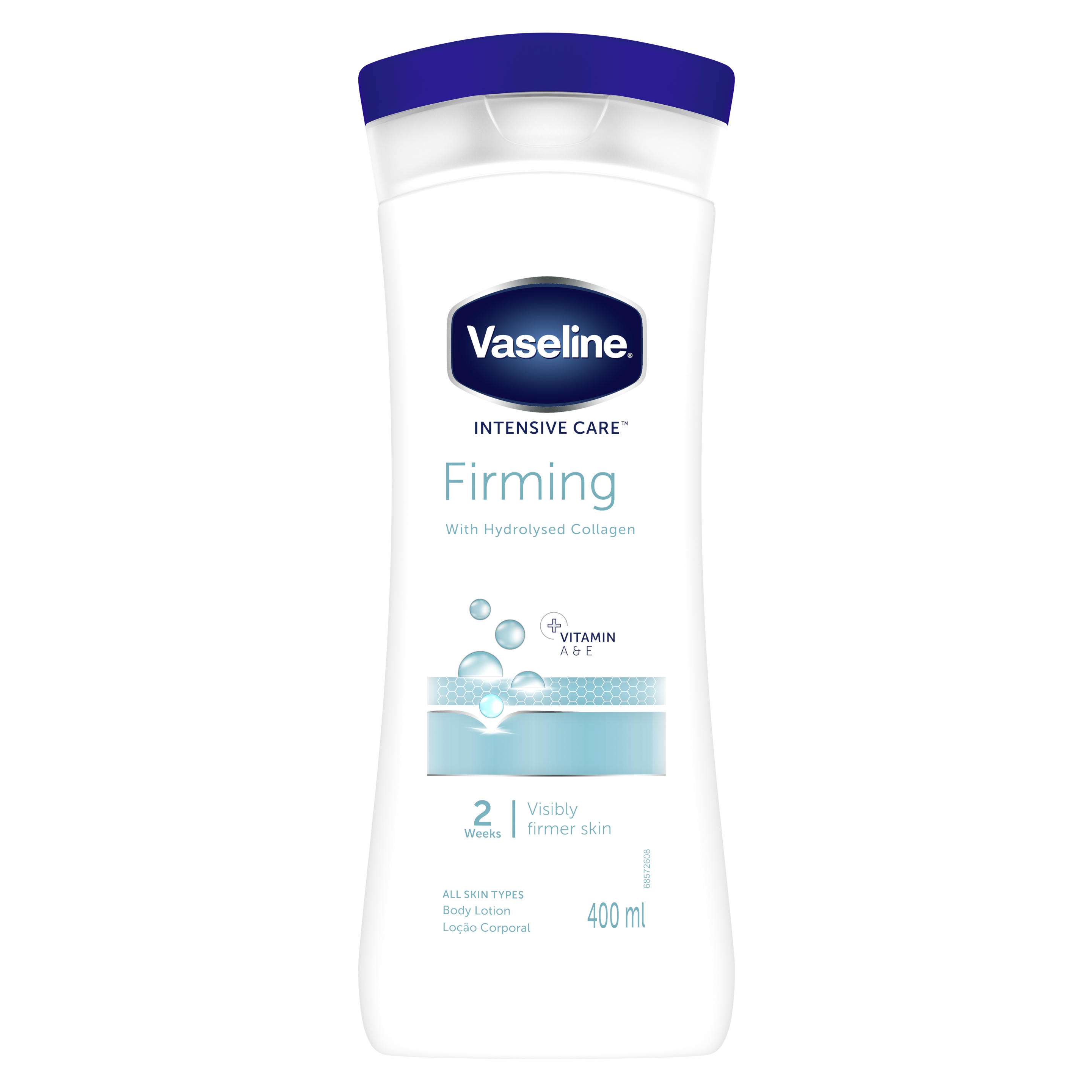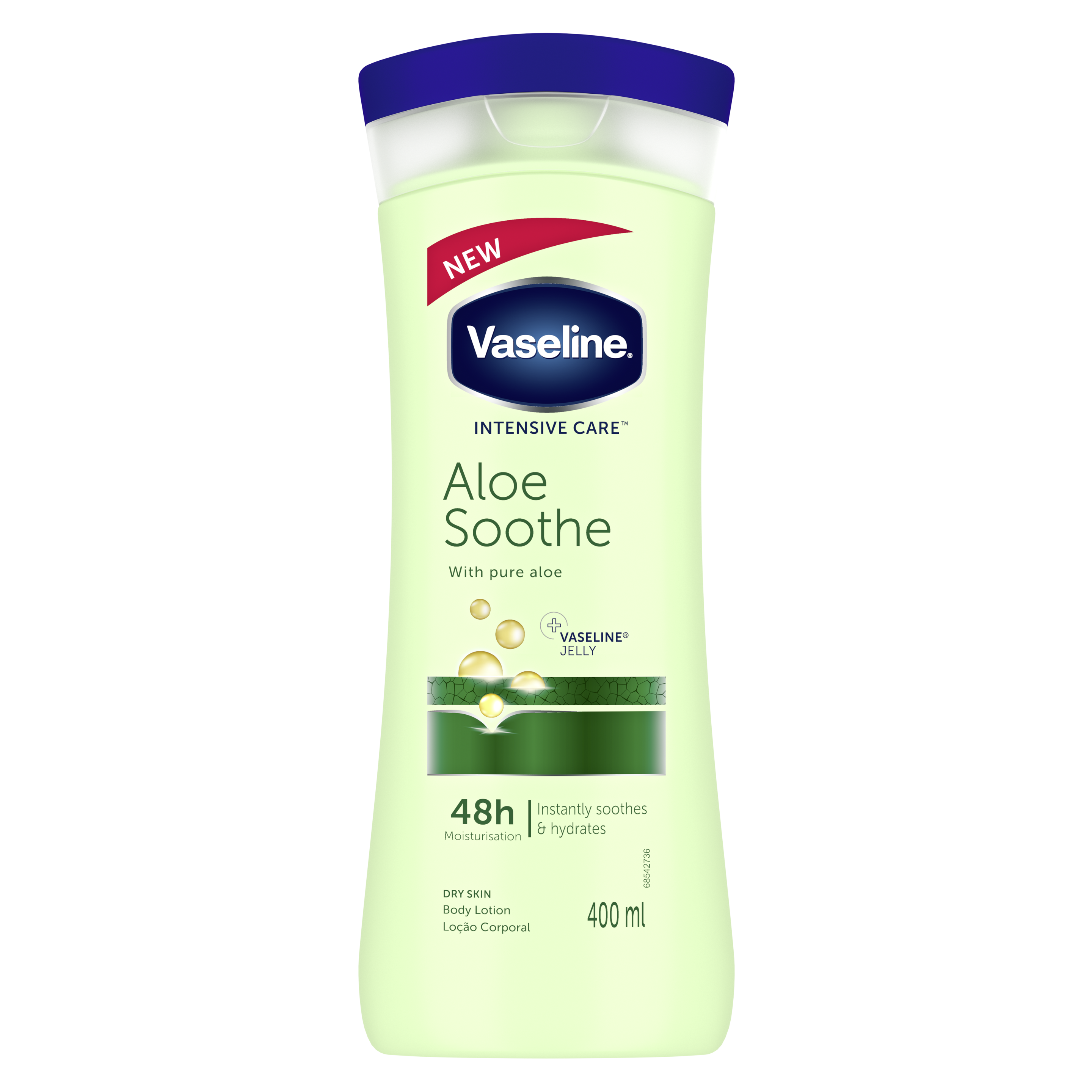Skip to content
With the increased amount of time spent at home, your skin has had to adjust to a sudden change in routine. There's a good chance that you have far less sun exposure and have been using less makeup. While all of this is good for your skin, you may be eating less healthy food and spending more time on the couch. All of this can have a negative effect on your skin.
Your skin serves as a good visual indicator of your overall health. So, it stands to reason that effective skincare requires you have a holistic approach to your wellness. Here are a few tips that incorporate self-care and skincare to protect the largest organ on your body:
Get Enough Sleep
Most people recognize the importance of getting at least eight hours of sleep. Sleep not only gives you enough energy to tackle the day but also does wonders for your skin. When you don't get enough sleep, your body releases more cortisol, a stress hormone that is known to cause acne or psoriasis. If you want a good night's sleep, avoid daytime naps, don't use electronics late at night and try not to have high-carb dinners less than four hours before bed.
Be Careful of Hot Showers and Baths
Spending long stretches of time indoors can be stressful, and one of the ways many people unwind is by taking a long, hot shower or bath. While you can't deny the relief that comes with this common self-care practice, bathing or showering with hot water can lead to dry skin. For healthier skin, take shorter baths and showers, and make sure the water is lukewarm. If your skin has already been dried out by frequent hot showers or baths, use a moisturiser that is up to the task of dry skin repair.
It's a well-known fact that exercise is good for the heart, respiratory system and mental health. Regular exercise is also great for your skin. It increases blood flow, which, in turn, nourishes skin cells. Increased blood also removes cellular debris from your system, which is effectively an internal cleanse. Try to get at least 30 minutes of moderate exercise or 15 minutes of intense exercise every day for better skin.
Exercise Regularly
Nutrition is a fundamental part of skincare. If you eat enough of the right foods, it starts to show on your skin. Stock up on fatty fish such as salmon, which is a good source of omega-3 fatty acids. These acids are known to keep skin supple and moisturised. Also make sure you have a healthy supply of avocados (which are high in vitamin E, a natural antioxidant) and broccoli (packed in lutein, an antioxidant that prevents dry skin and wrinkling).
These are just a few self-care methods that can make your skin healthier. While the list is by no means exhaustive, it does point to a larger truth: when you feel good, your skin feels good.
RELATED PRODUCTS
- slide 1
- slide 2
- slide 3
- slide 4
- slide 5
- slide 6











